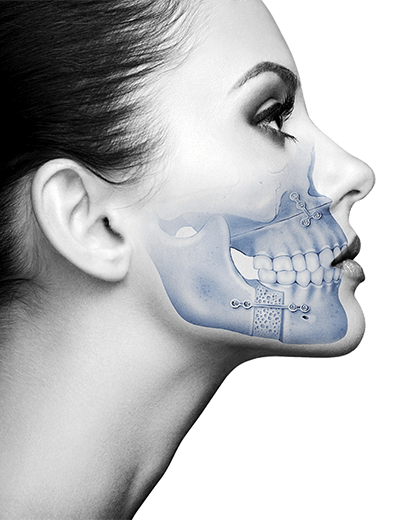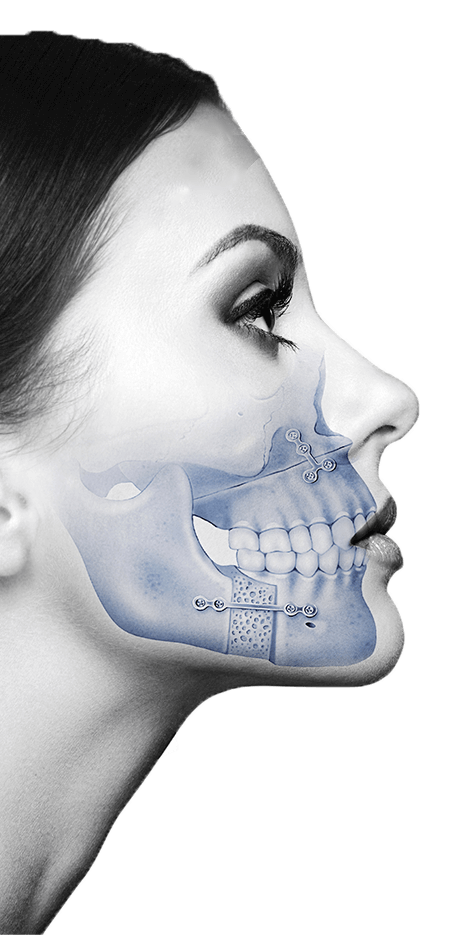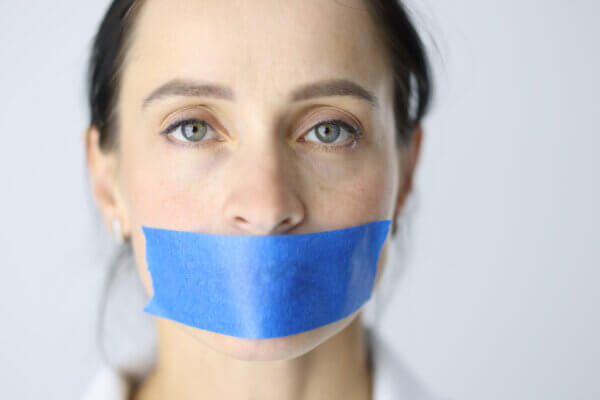In recent times, there has been a surge of information circulating on social networks about the potential use of adhesive tape on the mouth as a remedy for sleep apnea. While it's essential to explore various options for improving one's sleep quality, it's equally crucial to differentiate between helpful suggestions and unfounded claims.
Mouth taping is not a treatment for sleep apnea. Sleep apnea, a condition characterized by obstructions in the posterior airway, cannot be effectively addressed by simply covering or closing the mouth during the night.
According to Prof. Federico Hernandez Alfaro, Professor in Oral and Maxillofacial Surgery and Director of Instituto Maxilofacial Barcelona, adhering tape to your lips might indeed encourage breathing through the nose, and if a patient finds this method helpful in promoting nasal airflow, that's a positive outcome. However, it's essential to recognize that this approach does not tackle the root cause of sleep apnea, which lies in the airway obstructions deeper within the throat.
Simply avoiding mouth breathing won't resolve those issues. It's worth emphasizing that there is no scientific evidence to support the notion that mouth taping prevents or improves sleep apnea. Common sense also dictates that it's an inadequate mechanism for addressing this complex condition. Sleep apnea demands a more comprehensive and targeted approach, often involving medical intervention or lifestyle adjustments.
So, why has the idea of mouth taping gained traction? It may be due to the well-established benefits of nasal breathing. Breathing through the nose can improve airflow, enhance oxygenation, and promote better sleep quality. However, these benefits should not be conflated with curing sleep apnea.
While efforts to enhance nasal breathing are commendable, it's essential to recognize the limitations of mouth taping in addressing sleep apnea. It's not a panacea for this serious condition. If you or someone you know is struggling with sleep apnea, seeking professional medical advice and exploring evidence-based treatments is the most prudent course of action. Sleep apnea is a complex issue that requires a comprehensive approach, and adhesive tape on the mouth is simply not a cure.
Related content:
1 in 4 adults have sleep apnea, and don’t know it
The role of the maxillofacial surgeon in the treatment of Sleep Apnea
Orthognatic Surgery for treating Sleep Apnoea








